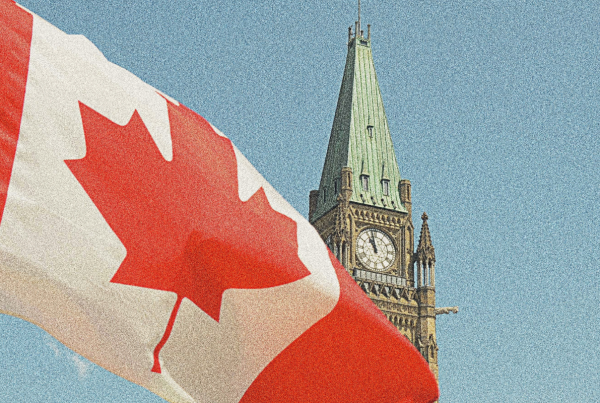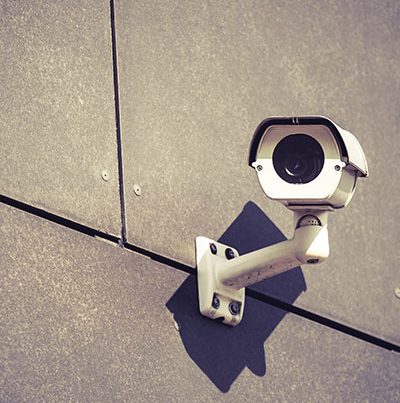March 10, 2021
Beware Canadian governments bearing legal gifts promising better democracy in 2021. Canada, and Ontario in particular, already has more restrictions on money in politics than most Western democracies. If politicians can buy an election in the U.S., some would say, it’s totally different in Canada. More political money, more democratic problems, right? So the Ontario government’s new Bill 254, Protecting Ontario Elections Act, must be good news, you’d think.
Think again. Restrictions on money in politics necessarily limits free speech. That limits new people, new parties and new ideas from getting in front of the electorate. If you want to broadcast your ideas to Ontario’s population of 14M, you’re going to need money to amplify your voice, amid the incumbent politicians whose ideas are being broadcast on the news for free, and who augment that earned media with paid advertisements. The power of incumbency in an election is awesome, so new restrictions on election spending and advertising will almost always favour those currently in power.
Bill 254, if passed, would change some rules for provincial elections – changes that will make it harder for politically engaged groups and organizations to contribute to vital debates about issues affecting our democracy. If passed, we can anticipate elections dominated by the issues advanced by the major parties – Conservative, NDP, Liberal and Green. Parties will dictate the boundaries of debate and unpopular election issues can be more easily swept under the rug by those who wish to govern. Whether you consider yourself “political” or not, we should all be suspicious of laws that seek to restrict freedom of expression in the name of upholding democracy and safeguarding election integrity.
The goal of limiting the influence of money in politics is laudable, to be sure, but we are right to be skeptical about any government bill being devoid of political self-interest. The best way to achieve the best democracy involves many different tools, including the amount that political parties and candidates can raise and spend, and how that compares to the limits placed on other actors – so called Third Parties.
Third parties are those who are not registered candidates, parties or constituency associations. An industry association, a union, an advocacy organization, or a concerned citizen – all of these are third parties according to our election law. Ontario Liberal Governments past changed provincial election finance laws to curtail the role of “third parties” in the political system. A 2016 law placed significant restrictions on the money that third parties could spend on “political advertising” – a term defined extremely broadly and not confined to advertising that references a candidate or political party. The 2016 changes to the law didn’t only target third party spending during the election period – it capped what could be spent in a six-month pre-election period, meaning that for a half a year before an election, campaigns to raise awareness of important political issues were hobbled by spending limits and onerous registration requirements.
At the time, the Canadian Civil Liberties Association spoke out against many of those (Liberal) legal changes, arguing that they unreasonably restricted freedom of expression and that the restrictions in the six-month pre-election period were without parallel in Canada. Similar restrictions in British Columbia that operated for a much shorter period were struck down by that province’s Court of Appeal as unconstitutional. We urged the Committee considering the Bill in 2016 to eliminate the pre-election restrictions on third party spending. Unfortunately, those changes were made, and the inevitable constitutional challenge was launched but has yet to be heard by the courts.
Now, the provincial government has decided that restricting free expression for a six-month pre-election period is not long enough. They have proposed extending the pre-election period to a full year before an election, without making any adjustments to the spending limit. As we all know – a lot can happen in a year. The Conservative government is taking a censorious Liberal idea and making it even worse.
Now more than ever, almost everyone has an opinion on how the government has been governing, because they are limiting our fundamental freedoms everyday, in order to address the pandemic. Our elected leaders decide whether we can leave our homes, who we are allowed to see, and what we are allowed to do. Ontario’s management of the economy during the pandemic will inevitably be an election issue. But the Ontario Chamber of Commerce, for example, would be severely hobbled by this new law, during an entire election year. Ontario’s management of the health care sector will also no doubt be an important issue come election time. But health care unions will be stifled. Discussions about these issues should be encouraged in the name of democracy – not stifled. This is a fundamental issue of free expression and democratic participation. It is about ensuring that candidates and parties aren’t able to monopolize debate and that individuals and associations have a voice in the issues of the day. Immunizing the government from meaningful scrutiny does nothing to advance electoral integrity but can undermine our democracy.
Cara Zwibel is Director of the Fundamental Freedoms Program at the Canadian Civil Liberties Association.
About the Canadian Civil Liberties Association
The CCLA is an independent, non-profit organization with supporters from across the country. Founded in 1964, the CCLA is a national human rights organization committed to defending the rights, dignity, safety, and freedoms of all people in Canada.
For the Media
For further comments, please contact us at media@ccla.org.





